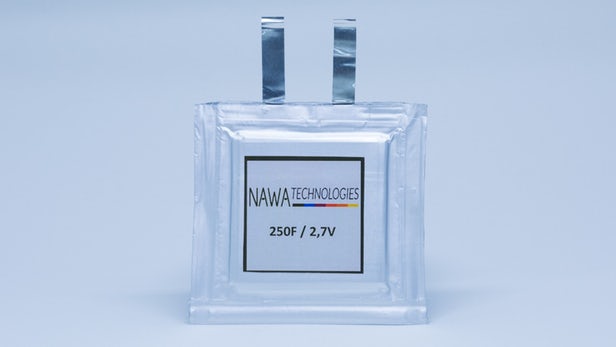
Breaking News
 Grand Theft World Podcast 273 | Goys 'R U.S. with Guest Rob Dew
Grand Theft World Podcast 273 | Goys 'R U.S. with Guest Rob Dew
 Anchorage was the Receipt: Europe is Paying the Price… and Knows it.
Anchorage was the Receipt: Europe is Paying the Price… and Knows it.
 The Slow Epstein Earthquake: The Rupture Between the People and the Elites
The Slow Epstein Earthquake: The Rupture Between the People and the Elites
 Israeli Prime Minister, Netanyahu will meet with Trump on Wednesday and deliver instructions...
Israeli Prime Minister, Netanyahu will meet with Trump on Wednesday and deliver instructions...
Top Tech News
 Drone-launching underwater drone hitches a ride on ship and sub hulls
Drone-launching underwater drone hitches a ride on ship and sub hulls
 Humanoid Robots Get "Brains" As Dual-Use Fears Mount
Humanoid Robots Get "Brains" As Dual-Use Fears Mount
 SpaceX Authorized to Increase High Speed Internet Download Speeds 5X Through 2026
SpaceX Authorized to Increase High Speed Internet Download Speeds 5X Through 2026
 Space AI is the Key to the Technological Singularity
Space AI is the Key to the Technological Singularity
 Velocitor X-1 eVTOL could be beating the traffic in just a year
Velocitor X-1 eVTOL could be beating the traffic in just a year
 Starlink smasher? China claims world's best high-powered microwave weapon
Starlink smasher? China claims world's best high-powered microwave weapon
 Wood scraps turn 'useless' desert sand into concrete
Wood scraps turn 'useless' desert sand into concrete
 Let's Do a Detailed Review of Zorin -- Is This Good for Ex-Windows Users?
Let's Do a Detailed Review of Zorin -- Is This Good for Ex-Windows Users?
 The World's First Sodium-Ion Battery EV Is A Winter Range Monster
The World's First Sodium-Ion Battery EV Is A Winter Range Monster
 China's CATL 5C Battery Breakthrough will Make Most Combustion Engine Vehicles OBSOLETE
China's CATL 5C Battery Breakthrough will Make Most Combustion Engine Vehicles OBSOLETE
Nawa's carbon nanotube ultra-capacitors are going into mass production

Charging almost instantly and offering massive power density, Nawa's innovative ultracapacitors are ready to make a mark across industries from automotive to power tools and aviation. And after raising more than US$10 million, this French company is going into mass production.
Nawa's ultracapacitors offer an interesting alternative (or augmentation) to lithium battery systems. When it comes to fast charging or discharging, there's simply no contest – they can pick up or pump out power at rates that absolutely demolish lithium cells, meaning that charging is next to instantaneous – we're talking sub-20 seconds for a full charge – and they're unparalleled for quick bursts of huge power.
Their energy density isn't great compared to batteries, storing maybe a quarter of the power lithium units can for a given volume, but compared to other ultracapacitors their carbon nanotube structure crams up to five times more energy in. They're useless for longer-term storage, leaking somewhere between 10-20 percent of their energy per day, but on the other hand, they last up to a million cycles and are exceptionally durable across a range of temperatures and environments that might test the limits of standard batteries, such as space, high-temp drilling or undersea.
We've covered the technology before, including an interview with Nawa's CEO and COO last year. And now, the company has announced that it's raised the capital and laid down the roadmap to get these things into mass production within the next 12 months.



